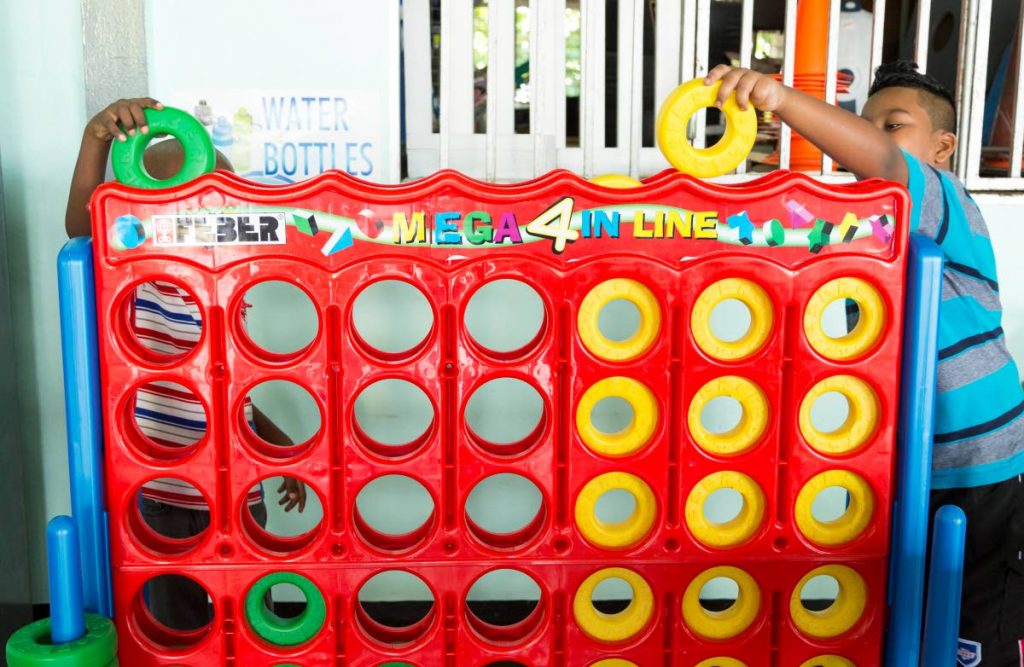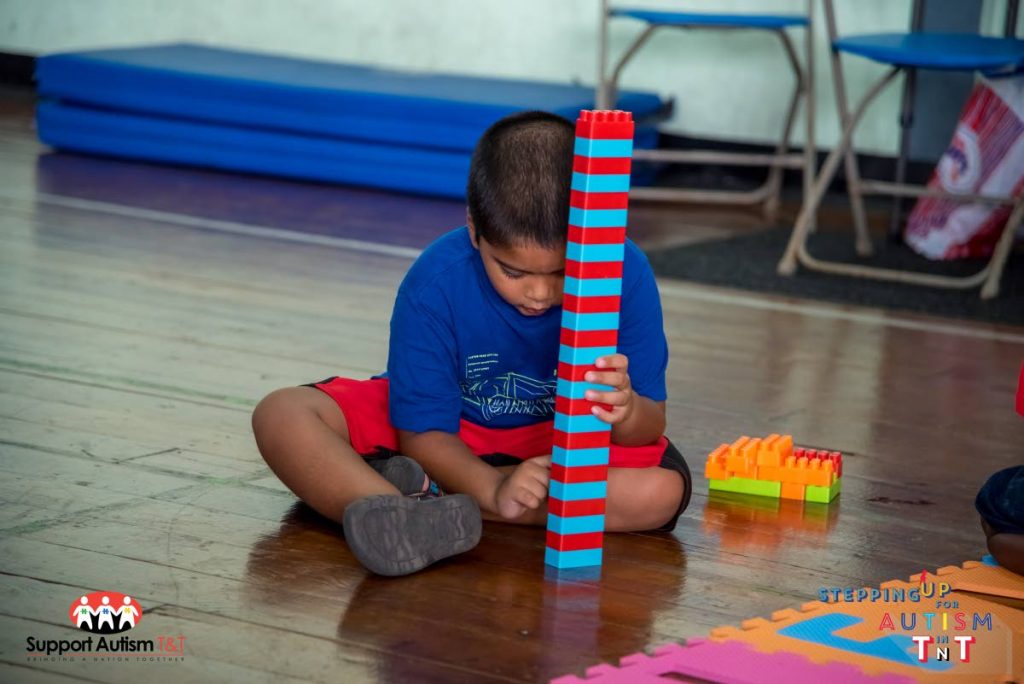Teaching children with autism

DR RADICA MAHASE
ELIJAH was diagnosed with autism when he was three-years-old. His parents enrolled him in a private pre-school and he had teachers who were understanding and very willing to help him although he did not communicate with them verbally. One particular teacher, Aunty Stacy went out of her way to help him, doing extra research on teaching children with special needs and using a variety of teaching methods so he was able to keep up with his peers.
Elijah’s father believed that he made a big mistake by sending Elijah to a public primary school. “First we had so many problems getting him into a primary school. But everyone, especially his teachers in his pre-school said he was ready for primary school so we kept trying. He failed the entrance interview for one school because he didn’t say his alphabet correctly but the other school took him without an interview. We told them he had autism and we showed them his diagnosis and they said they will work with him. But his teacher really didn’t know anything about special needs and she kept bouffing him because he wasn’t learning like the other children. Elijah used to get frustrated and act out, the teacher got frustrated when she couldn’t get through to him and the other children started bullying him. We had to take him out. He just started a new school; it’s a private one, very expensive but I am doing a second job to pay for it. So far he’s more settled and his teacher teaches him different from the rest of the class so that helps.”

This idea of the “teacher teaches him different’ is called differentiated instruction and it is very important for those with special needs. In TT we teach children according to chronological age and not developmental age. As a result everyone of a particular age is lumped into a specific class level and has to do the same curriculum. If a child cannot keep up then that child may be kept back. In many cases that child goes through life feeling that he or she is stupid, dumb or "duncy head."
If we want to revamp the public education system to accommodate those with special needs then we need to change a lot more than we might think. In addition to having teacher’s aides for those with special needs we need to have differentiated instruction. This means that teachers have to be familiar with the learning abilities of each student, be able to adapt the syllabus content as well as the entire learning process and evaluation method to meet the needs of the particular student. A child with autism might not be able to learn the same way as a "normal" child but this does not mean that he or she cannot learn at all. It simply means that the teacher is now required to use teaching methods which will appeal to the special needs child.
How practical is this in the public school system in TT? Presently we are far from being able implement this in our school system. In the first case, classrooms in public schools are too big (unless it’s a school in a low-populated area). Imagine a situation where a teacher has a class of 20 students, more in some cases. This teacher has a curriculum that s/he is required to compete within a specific time so s/he teaches at a pace to be able to complete it. Children who cannot keep up are left behind.
Secondly, unless you are a teacher who completed a degree in recent years, with special education courses, chances are you will not have been formally educated or trained in differentiated instruction – this is the majority of teachers in public schools. Some have been practising it informally without even knowing it – those dedicated teachers who take it upon themselves to find creative ways to help a child understand a topic.
However, if we want to expand public schools to accommodate those with special needs in TT we need to start training all teachers about differentiated instruction and change the curriculum to accommodate differentiated learning and evaluation methods. Only then will children with special needs have a fair chance to really learn in public schools. As the saying goes "Everybody is a genius. But if you judge a fish by its ability to climb a tree, it will live its whole life believing that it is stupid."
Dr Radica Mahase
Founder/Director, Support Autism T&T


Comments
"Teaching children with autism"